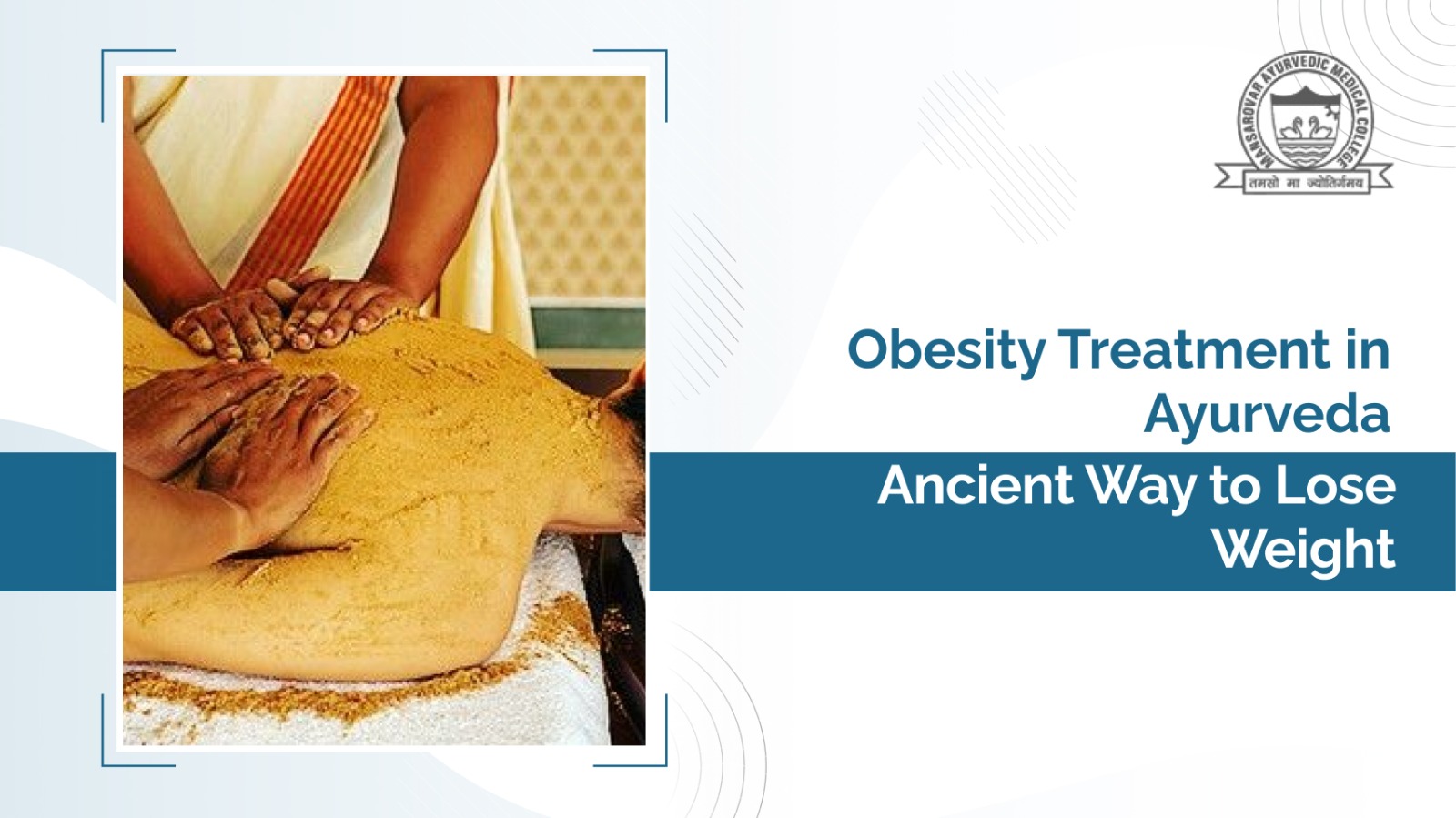
For many years, there has been a heated debate over whether Ayurveda or conventional medicine is superior. Because it is a purely natural science, Ayurveda has recently gained popularity. Natural products and traditional medicine are extremely valuable. Conventional medicine, as it is currently practiced, is only 100 years old. Despite the fact that traditional medicine has been practiced for thousands of years, there is no integration between it and conventional medicine. Modern medicine is evidence-based and employs a discrete, well-defined chemical entity to treat specific diseases.
We will look at how ayurvedic medicine differs from modern medicine in this article and how is Ayurveda different from modern medicine.
Also Read: A study on important branches of Ayurveda
Ayurveda, which is interpreted as the "science of long life," is an Indian medical system that dates back at least 5,000 years and was used by doctors and surgeons to promote health and quality of life rather than treat disease. Ayurveda is an exact combination of science and the art of living a healthy lifestyle.
Ayurveda is an ancient science that employs a variety of naturally over time derived treatments. These Ayurvedic therapies are made from plants, natural extracts, and herbs that have been proven to be efficient in treating a range of disorders. The primary goal of ayurvedic therapy is to restore balance to these three major body systems. Ayurveda is a medical system that addresses not only the body but also the mind and spirit. Most diseases associated with psychophysiological and pathologic changes in the body, according to Ayurveda, are caused by an imbalance in three different doshas (ie, Vata, Pitta, and Kapha).
The side effects of conventional medicine, on the other hand, can range from mild to severe and are all produced in laboratories. Modern medicine is an excellent tool in the treatment of serious illnesses. It is, however, a disease management system, and its function is to manage diseases. When treating an individual, modern medicine must begin to accept and incorporate the mind and emotional aspects of the whole being.
Ayurveda offers a wide range of therapies and treatments and covers almost every age group.
The following are some of the primary benefits of using Ayurveda on a regular basis.
Ayurveda has numerous health-related benefits.
Ayurveda has described nearly seven different types of inflammation. Ayurvedic medicine considers drugs' behavioural, physiological, and psychological effects on the entire mind-body complex. Ayurvedic treatment begins with internal purification and is followed by a special diet, herbal remedies, massage therapy, yoga, and meditation. The concepts of universal interconnectedness, the body's constitution (Prakriti), and life forces underpin Ayurvedic medicine (doshas).
Each person is distinguished by their mind-body type. In Ayurveda, these primary qualities that govern the body are referred to as "doshas."
When these doshas are perfectly balanced, one is in a healthy state. They enter a state of "vikruti" - an imbalanced state of body and mind - when they lose balance due to dehydration, anxiety, stress, low energy, or excessive exertion.
By balancing the doshas, Ayurveda promotes health. Overall, it seeks to maintain and improve overall health, regardless of age.
Searching for the best Ayurvedic hospital in India is not so difficult because India is the birthplace of Ayurvedic Science Ayurveda is more successful because of its natural solutions, which include the use of herbs that treat the underlying cause. The top ten most well-known Ayurvedic hospitals in India, along with their addresses, are listed below.
Mansarovar ayurvedic medical college (MAMC), Bhopa is one of the best Ayurvedic colleges in Bhopal, Madhya Pradesh. With the increased demand for conventional medicine and healthcare services over time, a career in Ayurveda has become one of the most sought-after career options. The following are four prestigious institutes that offer prestigious Ayurvedic courses in India such as PhDs, undergraduate programs, postgraduate programs, diplomas, and certificate courses.
The symptoms of the disease are treated with medication convolution medicines. In contrast, Ayurveda is a holistic wellness philosophy. Only Ayurvedic supplements are insufficient to maintain good health. To avoid Dosha aggravation, use selected herbs and spices as well as realign the diet. A person must also change his or her habits and lifestyle choices that have contributed to the aggravated Dosha.
Both Ayurvedic practitioners and supporters should be aware that both therapies can coexist simultaneously without undermining one another as India struggles with the resurgent coronavirus outbreak. Both have distinguishing characteristics that set them apart. Each of them has proven useful in treating patients, and thus they both deserve to serve humanity in their own unique way.
To become a professional in Ayurvedic studies, you should enrol yourself in MAMC and get a dream in BAMS and get placed in top-notch Ayurvedic hospitals in India.

Experience Authentic Healing at a Renowned Ayurvedic Hospital in Bhopal

Experience Healing at the Best Ayurvedic Hospital in India

Experience Expert Shalya Tantra Care at Best Ayurvedic Hospital in India

Healing Naturally at the Best Ayurvedic Hospital in Bhopal

Obesity Treatment in Ayurveda: A Natural & Holistic Approach to Weight Loss

Vata Dosha in Ayurveda - Meaning, Causes, Diet Plan & Treatment

Complete Guide to Panchakarma Treatment: Ayurveda’s Deep Cleansing Therapy

Basti Panchkarma Therapy – Ayurvedic Basti Treatment Benefits

Top Nasya Treatment Benefits You Should Know

Explore the Panchakarma Treatment Benefits

BAMS Colleges in Madhya Pradesh – Choose Excellence in Ayurveda

Best Ayurvedic College in India – Why Choose MAMC Bhopal

Best Private Ayurvedic College in Bhopal: Top Colleges for Ayurvedic Studies in Bhopal, Madhya Pradesh

Best BAMS Colleges in Madhya Pradesh

Can Ayurveda Support Women's Health at Every Stage of Life?

How BAMS Courses Prepare Students for a Dynamic Career in Ayurveda

How Ayurveda Aligns Mind, Body, and Spirit for Optimal Health

Is Ayurvedic College Right for You? Exploring Your Options

Is Choosing a Private College for Obtaining a BAMS Beneficial?

10 Benefits of Having an Ayurveda Degree